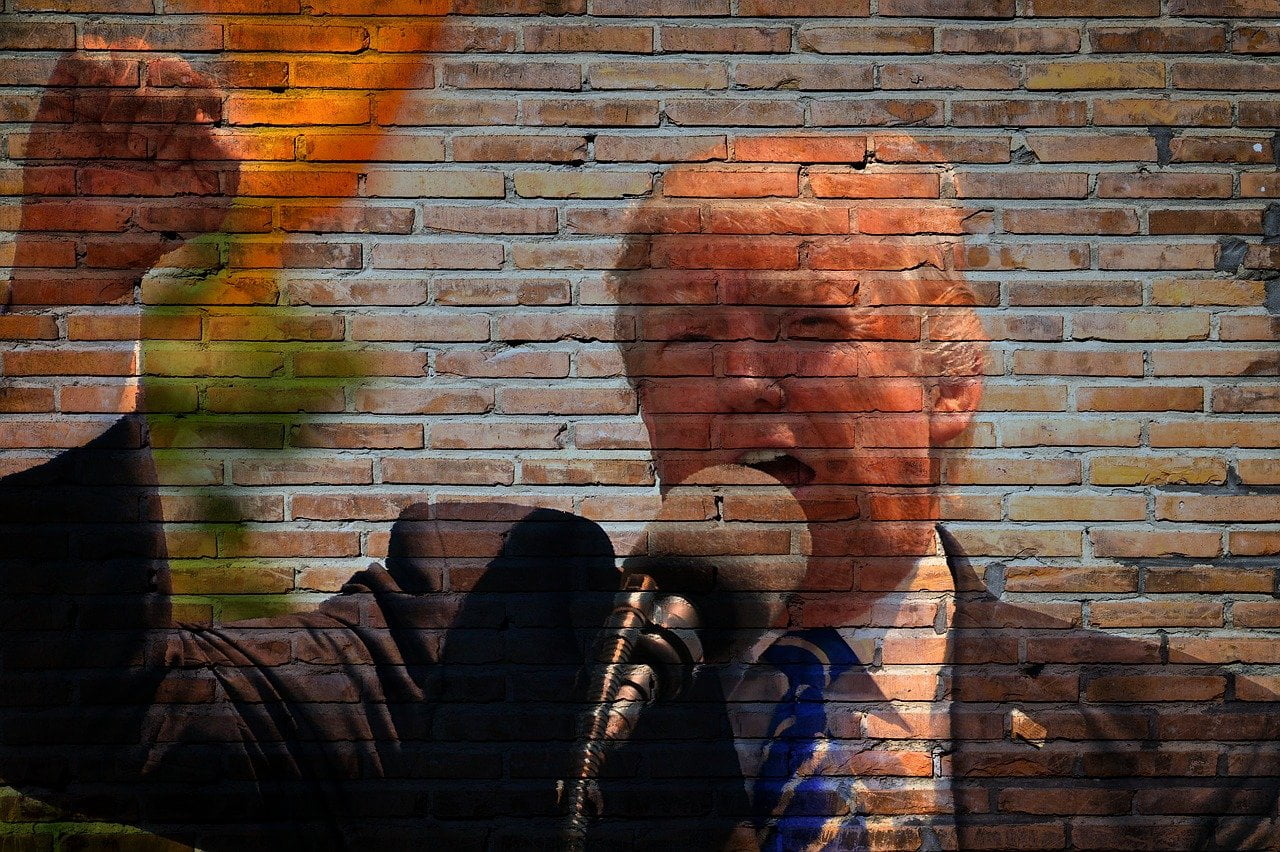New Criminal Complaint Could Put Trump Behind Bars; Decision to Move Ahead Likely to Occur Wednesday Morning
Q4 2020 hedge fund letters, conferences and more
A New Complaint Could Put Trump Behind Bars
WASHINGTON, DC. (February 8, 2021) - A new criminal complaint - one of several which could put the former president Trump behind prison bars because of his election-related telephone calls - will be publicly debated on Wednesday morning, and could result in two different criminal investigations in Georgia, notes public interest law professor John Banzhaf.
David Worley, a member of the 5-person Georgia Election Board, said he ask the Board on Wednesday to make a criminal referral to both Georgia Attorney General Chris Carr and Fulton County District Attorney Fani Willis, both of whom have jurisdiction to initiate an investigation, and to prosecute Donald Trump if appropriate.
According to the New York Times, "prosecutors in Georgia appear increasingly likely to open a criminal investigation of President Trump over his attempts to overturn the results of the state’s 2020 election, an inquiry into offenses that would be beyond his federal pardon power. . . Mr. Worley said he would introduce the motion based on an outside complaint filed with the state election board by John F. Banzhaf III, a George Washington University law professor. Mr. Banzhaf and other legal experts say Mr. Trump’s calls may run afoul of at least three state criminal laws. One is criminal solicitation to commit election fraud, which can be either a felony or a misdemeanor."
Subsequently, Reuters reported that "the complaint that prompted Worley’s motion came from John Banzhaf, a George Washington University law professor with a long history of public-interest legal work, which includes playing a role in driving cigarette commercials off the air. Banzhaf, 80, said he grabbed his laptop immediately after hearing reports of Trump’s phone call to Raffensperger and started typing out the complaint from his vacation home in Florida. . . . 'Bottom line: I think there’s a strong case against Mr. Trump.'”
A More Detailed Criminal Complaint
Banzhaf has now filed a more detailed supplemental criminal complaint against Trump for allegedly violating no fewer than three Georgia criminal statutes:
- GA Code § 21-2-603 - Conspiracy to Commit Election Fraud: "A person commits the offense of conspiracy to commit election fraud when he or she conspires or agrees with another to commit a violation of this chapter."
- GA Code § 21-2-604 - Criminal Solicitation to Commit Election Fraud: "A person commits the offense of criminal solicitation to commit election fraud in the first degree when, with intent that another person engage in conduct constituting a felony under this article, he or she solicits, requests, commands, importunes, or otherwise attempts to cause the other person to engage in such conduct."
- GA Code § 21-2-597 - Intentional Interference With Performance of Election Duties: "Any person who intentionally interferes with, hinders, or delays or attempts to interfere with, hinder, or delay any other person in the performance of any act or duty authorized or imposed by this chapter shall be guilty of a misdemeanor."
In his supplemental complaint, Banzhaf also cites more than a dozen criminal law and/or election law experts who have either publicly concluded that the former president has committed crimes under Georgia law, or that, at the very least, the evidence of criminality is now strong enough to open a formal criminal investigation.
These experts include two past presidents of the State Bar of Georgia, many former U.S. attorneys, a former Georgia Secretary of State as well as several former Georgia prosecutors, the dean of a Georgia law school as well as a Georgia law school professor, and what the Atlanta Journal-Constitution termed a "cascade of elected officials."
Initiating A Criminal Investigation
Banzhaf's new supplemental complaint notes that while many criminal law and election law experts have concluded - based solely upon evidence already known - that Trump has violated Georgia's criminal laws "beyond a reasonable doubt," the legal standard of proof for prosecutors to initiate a criminal investigation is much lower, and the evidence required for the Board to request a prosecutor to consider a criminal investigation is even less demanding.
Thus, not even the minimal evidentiary standard of "probable cause" is necessary to initiate a criminal investigation, notes Banzhaf, reminding the Board that even evidence which is simply "specific and credible" (citing a case he won), or constitutes no more than a “credible allegation of wrongdoing" (citing FBI Director James Comey) is sufficient.
He also notes that it is quite possible that prosecutors - using investigative tools such as subpoenas, testimony taken under oath, and demands for documents - are likely to uncover more incriminating evidence, and that only prosecutors, once all such evidence is uncovered, can determine whether it then meets the standard for presentation to a grand jury.
Based upon Banzhaf's new expanded analysis, the new complaint respectfully suggests to Board members that "unless you find - despite the opinions of so many experts - that there is simply no reason to believe that a crime may have been committed, and that everything that has been presented to the Board raises nothing more than an 'unarticulated hunch' or a 'bare, imaginary, or purely conjectural suspicion,' you should vote to refer the matter, and the determinations regarding the strength of the evidence, to prosecutors who are the only ones equipped to make these more difficult decisions."
Law professor Banzhaf played a major role in obtaining a special prosecutor to investigate President Richard M. Nixon, and successfully sued former vice president Spiro T. Agnew. He has also filed complaints against other public figures including former congressman Barney Frank, former congresswoman Geraldine Ferraro, and Baltimore State's Attorney Marilyn J. Mosby.





